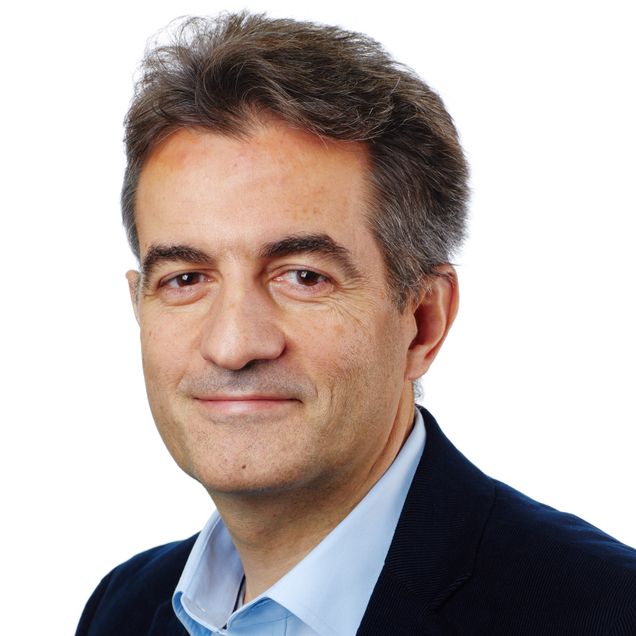COVID-19 Research
The rapid spread of the SARS-CoV-2 virus has caused the global COVID-19 pandemic. Learn how CISE affiliates are working to improve our understanding and treatment of the virus to help reduce its impact on people and communities around the world.
Mark Crovella: COVID-19 Drug Development
 Crovella (CS, Bioinformatics), along with Prof. Simon Kasif (BME, CS, Bioinformatics) and other CS researchers from across the U.S. to advance COVID-19 drug development via Network Analysis. The researchers are co-developing a machine learning methodology to analyze viral and human protein-protein interaction networks. Through this work, the researchers aim to advance our understanding of the biological processes affected by SARS-CoV-2 and the human cells it infects.
Crovella (CS, Bioinformatics), along with Prof. Simon Kasif (BME, CS, Bioinformatics) and other CS researchers from across the U.S. to advance COVID-19 drug development via Network Analysis. The researchers are co-developing a machine learning methodology to analyze viral and human protein-protein interaction networks. Through this work, the researchers aim to advance our understanding of the biological processes affected by SARS-CoV-2 and the human cells it infects.
Read more about Crovella’s work here.

Alex Olshevsky: COVID-19 Modeling
Olshevsky (ECE) along with BU and Harvard Medical School researchers worked to find a lockdown that minimizes the economic damage while reducing the number of new infections to zero at a prescribed rate. His goal is to influence policymakers in future pandemics.
Read more about Olshevsky’s work here.
Yannis Paschalidis: Computational Models

Paschalidis (Hariri Institute Director and Professor, ECE, SE, BME, CDS) brings his expertise in data science to develop models with the ability to predict the course of disease for patients who have contracted COVID-19.
Learn more about Paschalidis’ research in early prediction of level-of-care requirements for hospitalized COVID-19 patients here.
Read about his discoveries in the physiological and socioeconomic divide of COVID (specifically in Latin America) here.
Ari Trachtenberg: Tracking Future Cases
 Trachtenberg (ECE, SE), alongside BU and MIT researchers, has developed an app that uses Bluetooth-enabled cell phones to notify a person if they have come into proximity with someone who has tested positive for COVID-19. This mobile application assists a manual contact tracing method by exploiting the technology that is already present on everyone’s cell phone.
Trachtenberg (ECE, SE), alongside BU and MIT researchers, has developed an app that uses Bluetooth-enabled cell phones to notify a person if they have come into proximity with someone who has tested positive for COVID-19. This mobile application assists a manual contact tracing method by exploiting the technology that is already present on everyone’s cell phone.
Read more about Trachtenberg’s work here.
PACT: Private Automated Contact Tracing
BU is working on PACT, a joint initiative contributed to by researchers from various universities. They are working to develop a technology that augments the reach and efficacy of existing contact tracing strategies in order to enhance the public health community’s ability to slow the COVID-19 pandemic. They are using mobile phones that automate parts of the exposure detection function with privacy preserving design. Prof. Trachtenberg is a member of the Protocol Definition Working Group on this project. Read more about PACT here. Read more about the Protocol Definition Working Group here.